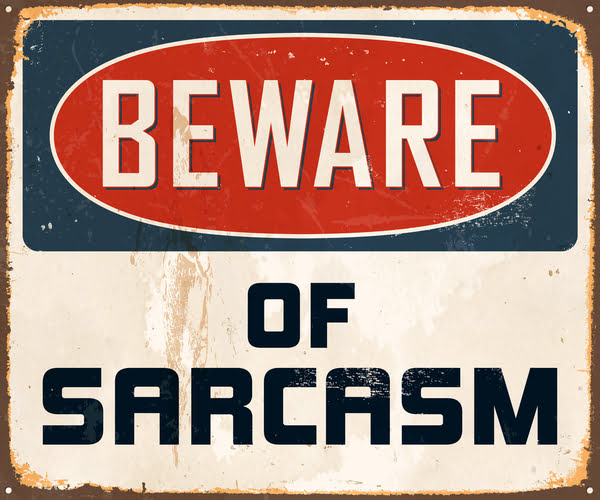Psychopath vs. Sociopath test (10 Items)
Psychopathy and sociopathy both fall under the category of Anti-Social Personality Disorder (ASPD). While some experts believe both terms mean the same thing, you’ll often find ‘ASPD’ and ‘sociopathy’ being used interchangeably. Someone with ASPD engages in anti-social behavior primarily for selfish gain. Psychopaths and sociopaths comprise a small part of the population (1-4%), and …









